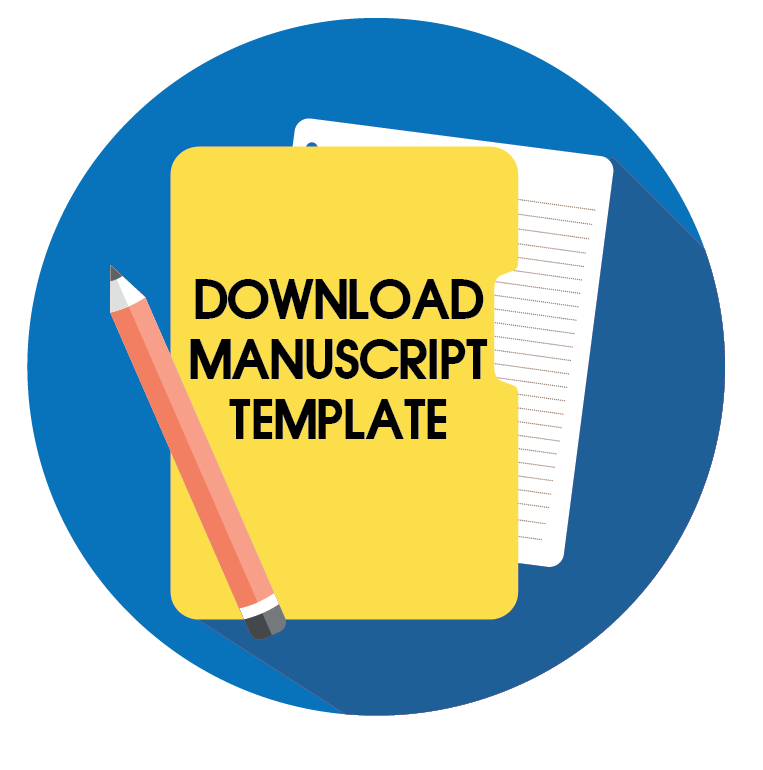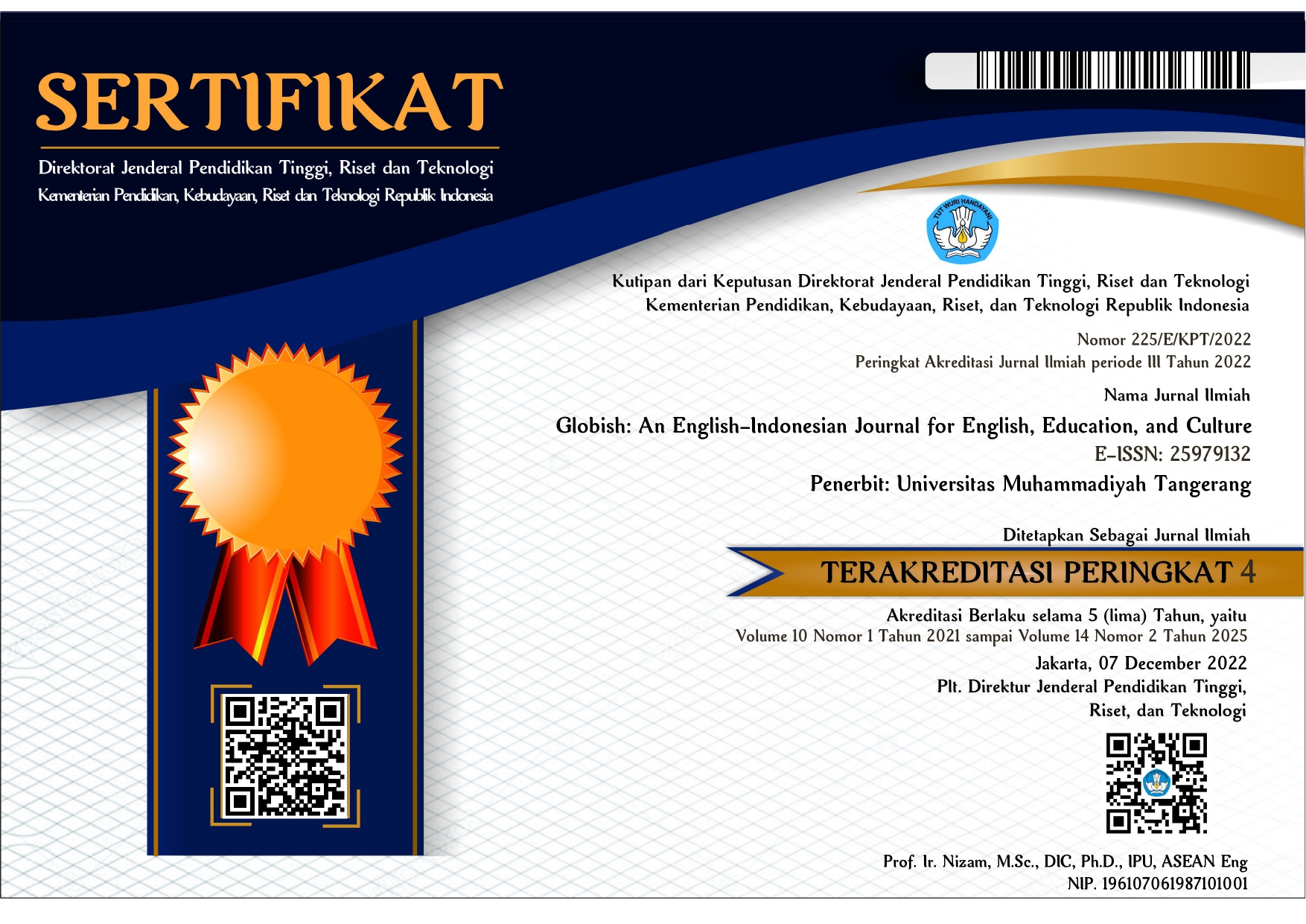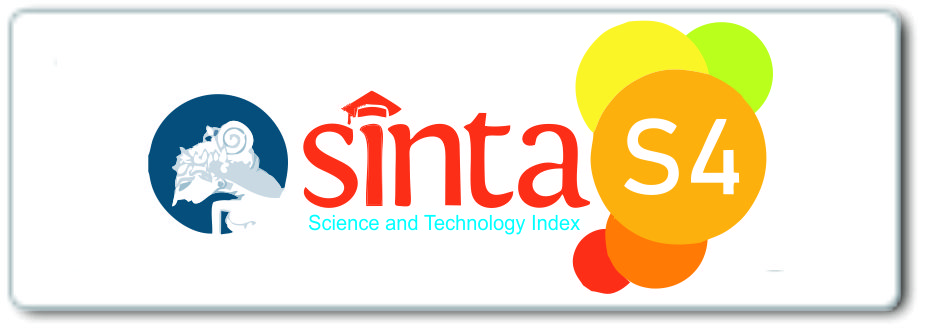A COMPARATIVE STUDY ON TASK FEATURES IN LEARNING MANAGEMENT SYSTEM (LMS)
Abstract
his paper aims to analyze features in selected distance learning management systems in improving students' experiential learning through Flipped Classrooms and Task-Based Language Teaching for higher educational institutions. Learning through Flipped Classroom has enriched broad teaching-learning activities to strengthen students' concepts in independent learning. Positively, it is also developing students' electronic literacy through technology. The use of learning management systems not only improves students' activity but also helps construct students' learning experiences for understanding the nature of comprehension through various tasks. However, many lecturers are doubtful about selecting the Learning Management System appropriate to learning tools to facilitate students' work in doing tasks. Therefore, the paper compares four Learning Management Systems, namely Moodle, Chamilo, Efront, and Dokeos, based on features under various criteria and parameters to choose the right one. The result showed that Moodle fulfilled most criteria needed for a Task-Based Flipped Classroom in a Higher Educational Institution.
Keywords: flipped classroom; learning management system; task-based language teaching; task features
Makalah ini bertujuan untuk menganalisis fitur dalam beberapa sistem manajemen pembelajaran jarak jauh untuk digunakan dalam meningkatkan pengalaman belajar siswa melalui flipped classroom dan Task-based language teaching untuk institusi pendidikan tinggi. Pembelajaran melalui Flipped Classroom telah memperkaya kegiatan belajar mengajar yang luas untuk memperkuat konsep siswa dalam belajar mandiri. Penggunaan sistem manajemen pembelajaran jarak jauh tidak hanya meningkatkan aktivitas siswa tetapi juga membantu membangun pengalaman belajar siswa untuk memahami hakikat pemahaman melalui berbagai tugas. Positifnya, Penggunaan sistem manajemen pembelajaran jarak jauh juga mengembangkan literasi elektronik siswa melalui teknologi. Namun, banyak dosen yang ragu dalam memilih Learning Management System yang tepat sebagai perangkat pembelajaran untuk memudahkan pekerjaan mahasiswa dalam mengerjakan tugas. Oleh karena itu, makalah ini membandingkan empat Sistem Manajemen Pembelajaran, yaitu Moodle, Chamilo, Efront, dan Dokeos, berdasarkan fitur dengan berbagai kriteria dan parameter untuk memilih yang tepat. Hasilnya menunjukkan bahwa Moodle memenuhi sebagian besar kriteria yang dibutuhkan untuk Kelas Terbalik Berbasis Tugas di Perguruan Tinggi.
Kata Kunci: flipped classroom; system manajemen pembelajaran; pembelajaran bahasa berbasis tugas; fitur tugas
Keywords
Full Text:
PDFReferences
Ahmad Uzir, N., Gašević, D., Matcha, W., Jovanović, J., & Pardo, A. (2020). Analytics of time management strategies in a flipped classroom. Journal of Computer Assisted Learning, 36(1), 70–88.
AlJarrah, A., Thomas, M. K., & Shehab, M. (2018). Investigating temporal access in a flipped classroom: procrastination persists. International Journal of Educational Technology in Higher Education, 15(1), 1–18.
Al-Masri, A. N., & Al-Assaf, Y. (2020). Sustainable Development and Social Responsibility—. AUEIRC.
Bachelor, J. W. (2017). Increasing student communication and spontaneous language use in the L2 classroom: A careful consideration of the flipped classroom model. Online Submission, 6, 5–11.
Chen, S., & Wang, J. (2019). Effects of Task-Based Language Teaching (TBLT) Approach and Language Assessment on Students’ Competences in Intensive Reading Course. English Language Teaching, 12(3), 119–138.
Derbel, E. (2021). Applying a flipped approach via Moodle: New perspectives for the teaching of English Literature. Recent Advances in Intelligent Systems and Smart Applications, 295–310.
Doman, E., & Webb, M. (2017). The flipped experience for Chinese university students studying English as a foreign language. Tesol Journal, 8(1), 102–141.
Elfeky, A. I. M., Masadeh, T. S. Y., & Elbyaly, M. Y. H. (2020). Advance organizers in flipped classroom via e-learning management system and the promotion of integrated science process skills. Thinking Skills and Creativity, 35, 100622.
Ellis, R. (2003). Task-based language learning and teaching. Oxford university press.
Ellis, R. (2017). Position paper: Moving task-based language teaching forward. Language Teaching, 50(4), 507–526.
Jenkins, M., Bokosmaty, R., Brown, M., Browne, C., Gao, Q., Hanson, J., & Kupatadze, K. (2017). Enhancing the design and analysis of flipped learning strategies. Teaching and Learning Inquiry, 5(1), 65–77.
Kasim, N. N. M., & Khalid, F. (2016). Choosing the right learning management system (LMS) for the higher education institution context: A systematic review. International Journal of Emerging Technologies in Learning, 11(6).
Lo, C. K., & Hew, K. F. (2017). A critical review of flipped classroom challenges in K-12 education: Possible solutions and recommendations for future research. Research and Practice in Technology Enhanced Learning, 12(1), 1–22.
Louhab, F. E., Bahnasse, A., Bensalah, F., Khiat, A., Khiat, Y., & Talea, M. (2020). Novel approach for adaptive flipped classroom based on learning management system. Education and Information Technologies, 25, 755–773.
Mohamed, H., & Lamia, M. (2018). Implementing flipped classroom that used an intelligent tutoring system into learning process. Computers & Education, 124, 62–76.
Mukoviz, O., Ihnatenko, N., & Kovtun, O. (2019). Selection of the distance learning management system for pedagogical higher education institutions. Відкрите Освітнє Е-Середовище Сучасного Університету, 215–221.
O’Flaherty, J., & Phillips, C. (2015). The use of flipped classrooms in higher education: A scoping review. The Internet and Higher Education, 25, 85–95.
Pramita, M., Sukmawati, R. A., & Sari, D. P. (2018). The Implementation of flipped classroom assisted by learning management system for numerical method courses.
Rahmah, S. N., Saleh, M., & Bharati, D. A. L. (2020). Edmodo and Chamilo Media in Know-Want-Learned Strategy to Teach Reading Comprehension of Recount Texts to Students with Different Reading Habits. English Education Journal, 10(1), 37–45.
Schrooten, W. (2006). Task-based language teaching and ICT: Developing and assessing interactive multimedia for task-based language teaching. Task-Based Language Education: From Theory to Practice, 129–150.
Tonkin, K., Page, S., & Forsey, M. (2019). Managing cognitive load with a flipped language class: An ethnographic study of the student experience. Foreign Language Annals, 52(3), 551–575.
Tsai, Y.-R. (2021). Promotion of learner autonomy within the framework of a flipped EFL instructional model: Perception and perspectives. Computer Assisted Language Learning, 34(7), 979–1011.
Valencia, H. G., Villota Enriquez, J. A., & Agredo, P. M. (2017). Strategies Used by Professors through Virtual Educational Platforms in Face-to-Face Classes: A View from the Chamilo Platform. English Language Teaching, 10(8), 1–10.
Wang, S., & Liu, C. (2018). Task-based flipped classroom in Chinese college EFL teaching: An empirical study in oral English course. International Journal of Contemporary Education, 1(1), 12–18.
Watson, W., & Watson, S. L. (2007). An argument for clarity: What are learning management systems, what are they not, and what should they become.
Winarto, A., Hardyanto, W., & Sugianto, S. (2019). Telegram development in dokeos-based e-learning as a learning media to improve students’ motivation in learning physics. Physics Communication, 3(2).
Wulandari, P., & Budiyanto, C. (2017). Improving foreign language learning by the mean of learning management system: Review of the literature. International Conference on Teacher Training and Education 2017 (ICTTE 2017), 586–601.
Zainuddin, Z., & Perera, C. J. (2018). Supporting students’ self-directed learning in the flipped classroom through the LMS TES BlendSpace. On the Horizon.
DOI: http://dx.doi.org/10.31000/globish.v13i1.9682
Article Metrics
Abstract - 1678 PDF - 614Refbacks
- There are currently no refbacks.
Globish
Program Studi Pendidikan Bahasa Inggris
Fakultas Keguruan dan Ilmu Pendidikan
Universitas Muhammadiyah Tangerang
Jl. Perintis Kemerdekaan I/33, Cikokol
Kota Tangerang, Indonesia
e-mail: globish_journal@umt.ac.id
Globish (p-ISSN: 2301-9913 | e-ISSN: 2301-9913) is licensed under a Creative Commons Attribution-ShareAlike 4.0 International License.









